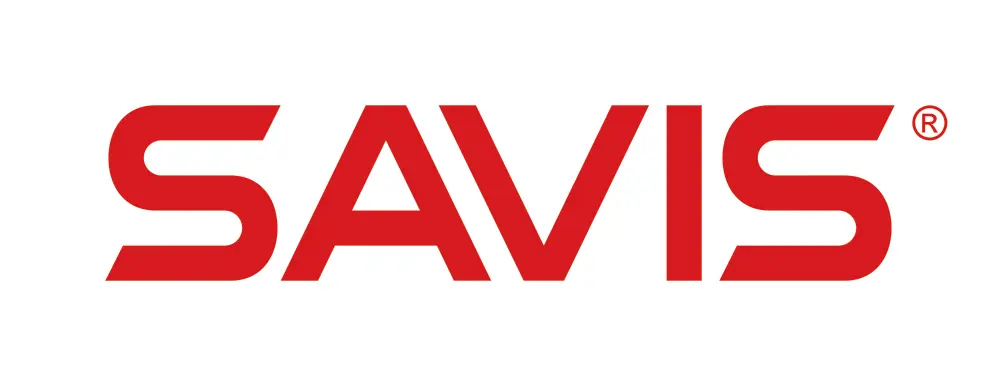SAVIS Data Lake & BI
What is a Data Lake?
A data lake is a centralized repository that allows you to store all your structured and unstructured data at any scale. You can store your data as-is, without having to first structure the data, and run different types of analytics—from dashboards and visualizations to big data processing, real-time analytics, and machine learning to guide better decisions.
Advantages of Data Lake
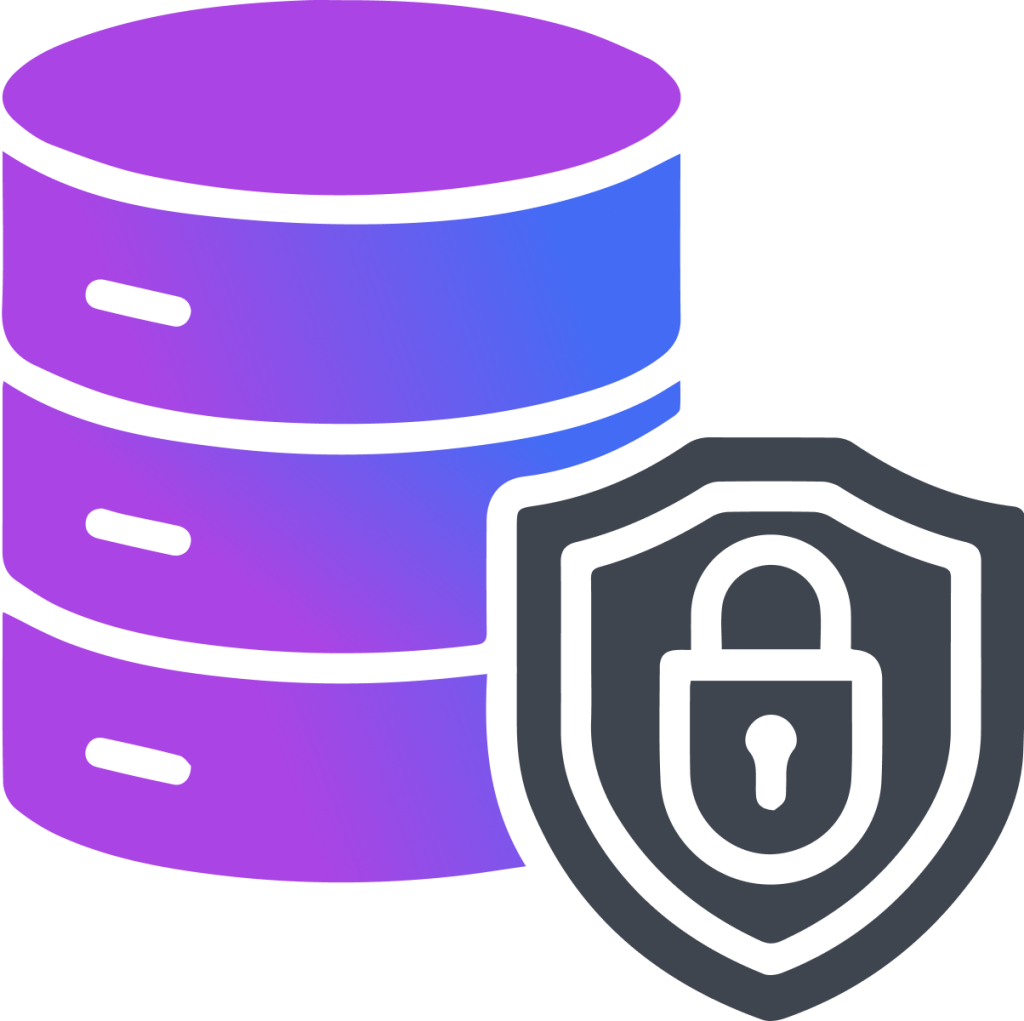
Easy and Adaptable Data Collection and Storage: This flexibility allows businesses to collect and store all their data readily, even if they don’t have a clear understanding of its future use cases.
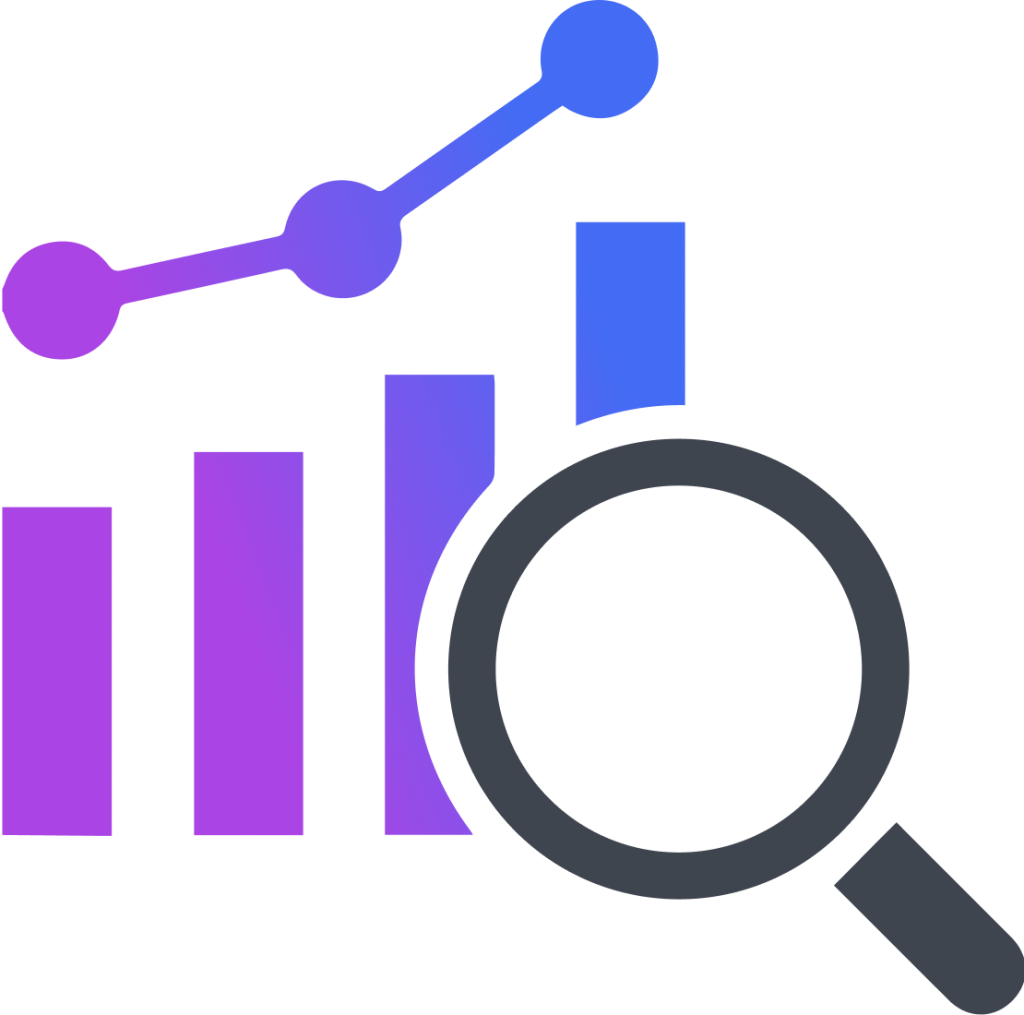
Advanced Analytics and Machine Learning: Data scientists can explore the data to uncover hidden patterns, identify trends, and develop predictive models that would be difficult or impossible with limited, structured data.
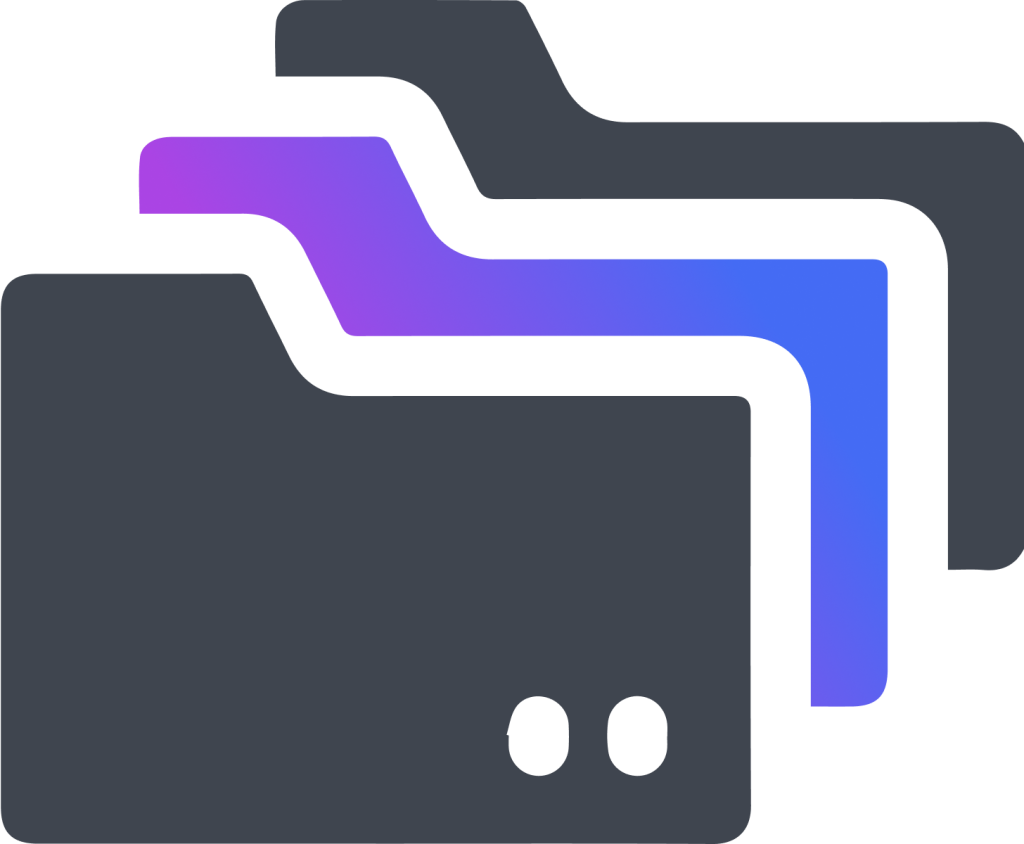
Cost-Efficient Storage: Since the data is stored in its native format, it requires less processing and can be stored on cheaper storage solutions like cloud object storage.
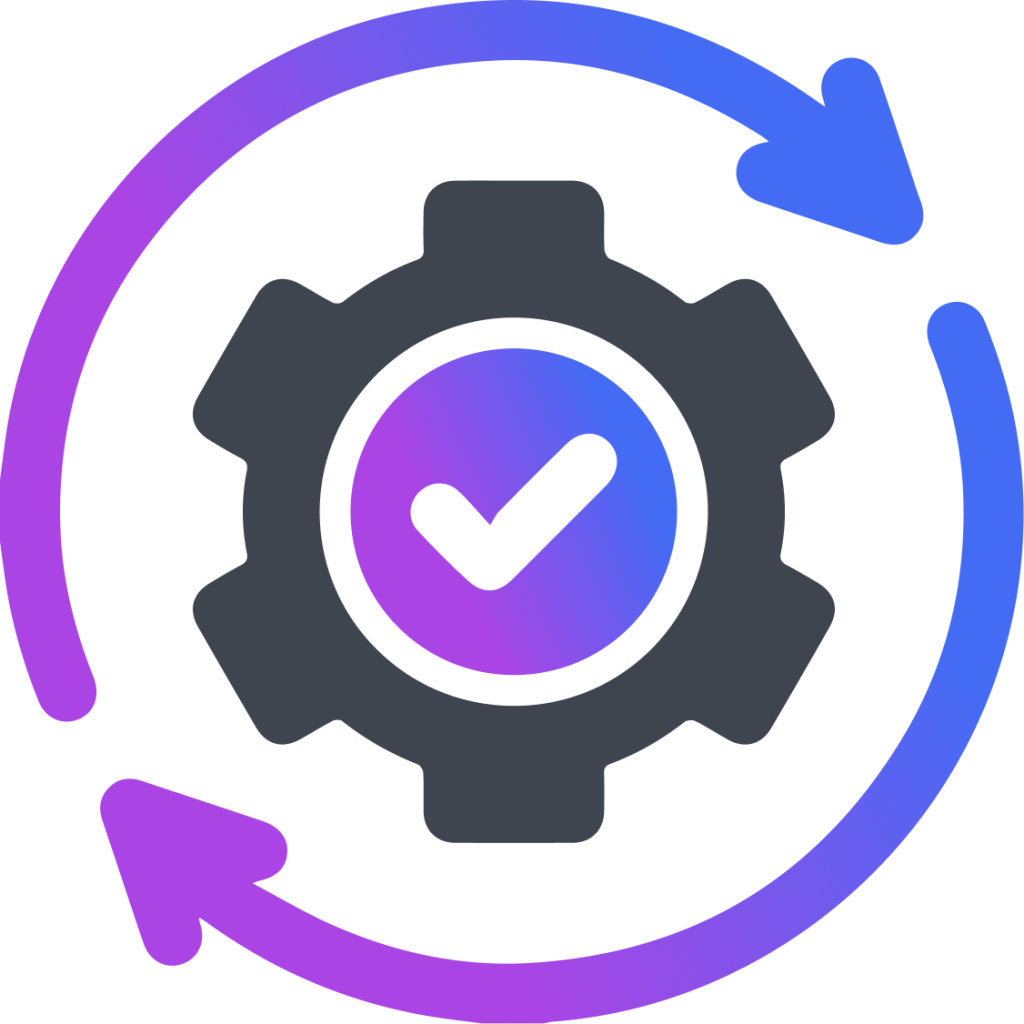
Real-Time Data Processing and Insights: Data lakes can be integrated with real-time data processing tools, allowing businesses to gain insights from their data as soon as it’s generated. This is crucial for applications like fraud detection, personalized marketing campaigns, and real-time operational monitoring.

Preventing Data Silos: By centralizing all data in a single location, data lakes eliminate the problem of data silos where data is isolated in different departmental systems. This fosters better collaboration and data sharing across the organization.
What is BI (Business Intelligence)?
Business intelligence is the practice of turning data into actionable insights. Business intelligence combines data analytics, visualization, and infrastructure to help businesses make more data-driven decisions.
Advantages of Data Lake
Improved Decision Making: BI empowers organizations with data-driven insights, enabling them to make informed and strategic decisions based on factual evidence rather than intuition or guesswork.
Increased Efficiency and Productivity: BI streamlines operations by providing users with self-service access to data and reports. This eliminates the need for manual data analysis and saves time by allowing users to quickly find the information they need.
Enhanced Customer Satisfaction: BI provides valuable insights into customer behavior, preferences, and buying habits. This information empowers businesses to personalize marketing campaigns, develop targeted product offerings, and improve customer service experiences.
Competitive Advantage: In today’s data-driven world, businesses that leverage BI effectively gain a competitive advantage. By having a clearer understanding of the market, their customers, and their own operations, businesses can make more informed decisions, adapt to changing market conditions faster, and outperform their competitors.
Improved Risk Management: BI can help businesses identify and mitigate potential risks by analyzing historical data and identifying patterns that might indicate future problems.
Enhanced Regulatory Compliance: Some industries have strict regulations regarding data collection, storage, and reporting. BI can help businesses ensure compliance with these regulations by providing a centralized platform for data management and reporting.
Why SAVIS
- Safe Data Lake service, capable of comprehensive scalability
- Analyze all their data, including data from IoT devices with various analytical methods, including machine learning
-
At the same time, our team of experts specializes in harnessing data, helping companies to make informed decisions, and driving strategic growth.
- Strategic data utilization
- Tailored business intelligence implementation
- Data-driven decision-making

